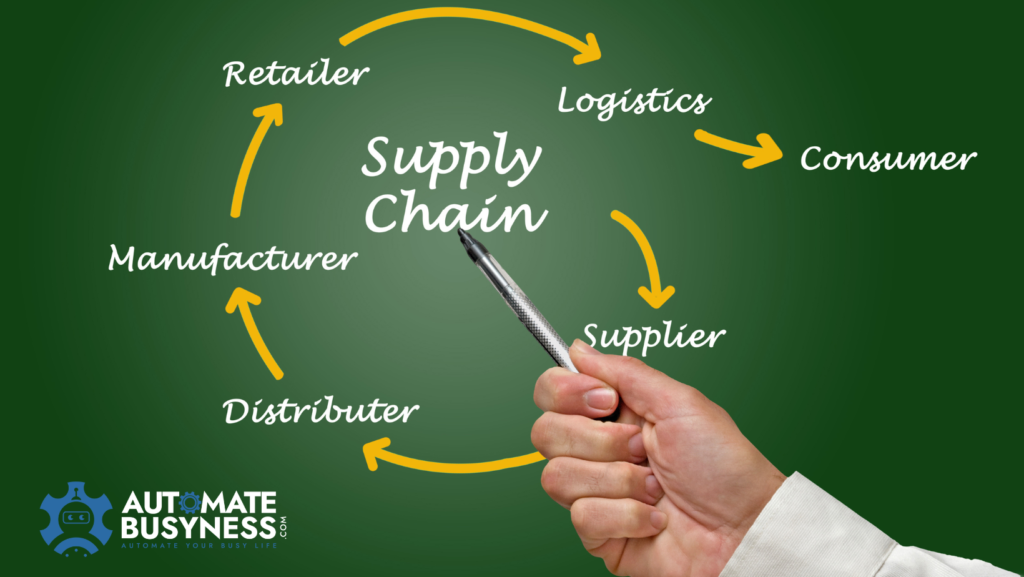Supply chain management automation removes many obstacles for human workers and is helpful to their work as an aid, leaving duties that need human intervention and decision-making and removing tasks that can be completed by robots.
People frequently worry about where they would fit in an automated future and inquire as to whether supply chain management will be automated as more organizations integrate automation into their operations to assist increase productivity and efficiency.

This blog will discuss how supply chains are currently automated if supply Chain Automation is in the future, and how this will affect the current human workforce.
The removal of those facets of their professions in order to utilize them in roles that require a humanity means that many employees will see their roles shift.
Automation will gradually replace workers whose jobs fall within the area of automatable operations as more organisations incorporate it into their supply chain (repetitive and simple).
What Do Numbers Say About The Supply Chain Automation?
The degree to which occupations will be automated has been the subject of several statements in recent years.
According to a 2021 McKinsey research, automation will transform the jobs of 49 million American workers.
The fact is that sixty-five% of these workers will not lose their employment to automation is noteworthy; the actual figure is substantially lower at 9%.
Future Of Supply Chain Management
Overall, this means that even though automation will inevitably lead to the loss of a sizable amount of jobs, the large majority of individuals will instead experience a situation in which they continue to hold their present position but with a different capacity and types of tasks that make better use of their skills.
Will supply chain management be automated with computers? Quality assurance and stocktaking are two supply chain tasks that will be completely automated, although for the huge part, supply chain automation will support humans in the current positions.
Businesses that are uncertain to accept industrialization should first think about how it might be used to make their personnel and operations more efficient to sum up.
Supply chain automation offers an opportunity for store chain management to streamline processes, track orders, interact with buyers, and manage data.
With the assistance of Artificial Intelligence and robotics, human workers are empowered because they can concentrate on judgment-making and tasks that call for human involvement by eliminating tedious, monotonous duties from their daily schedules.
Conclusion :
Supply chain automation is is not likely to be totaly at this, but it is not implausible that it will be in the future.
However, for the time being, many people’s main focus is merely catching up by implementing new automotive technologies for manual and repetitive activities.
In conclusion, supply chains are progressing toward an automation future, but they have a long way to go. By automation their clearly ahead of less technologically advanced competition in the digital realm, adopters stand to win greatly.
ALSO READ
You may also like our other related articles on automation :


